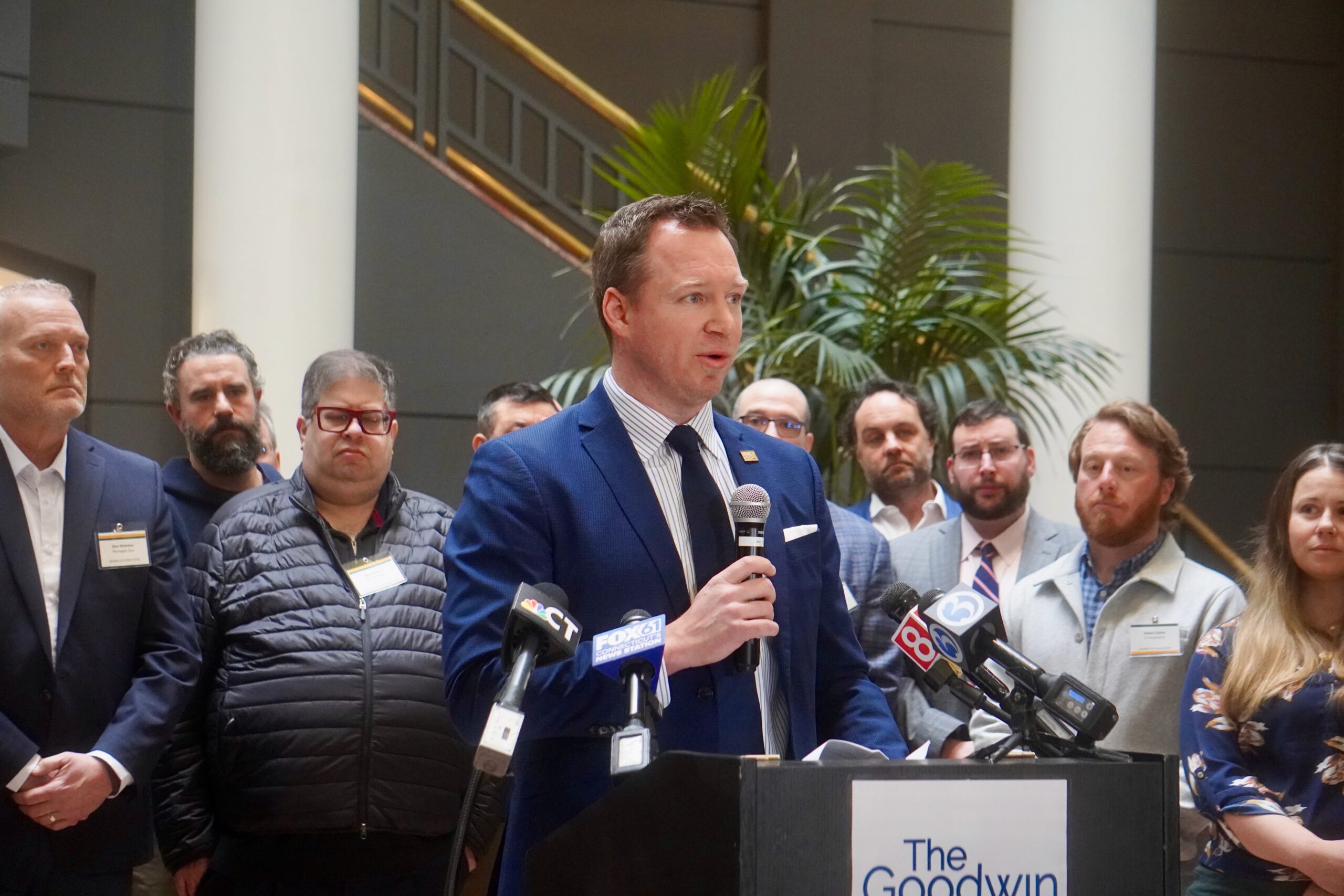College Bound: Is Distance Learning Right for You?

Audio By Carbonatix

Photo by Steinar Engeland on Unsplash
We-Ha.com will be publishing a series of essays/blogs/reflections on the issue of going to college – primarily a set of thoughts and musings, along with some practical advice, intended to support students and parents as they embark on this journey. While many of our readers are experts in this topic, many others are less knowledgeable and have little outside support. We hope this is helpful to all readers as they go through the various stages of getting into and getting something out of college.

Adrienne Leinwand Maslin. Courtesy photo
By Adrienne Leinwand Maslin
Unlike the concept of remote work, which really only became fashionable at the start of the pandemic, learning remotely, what we refer to as distance or online learning, has been around for quite a number of years.
Even before the pandemic, many colleges offered some distance learning courses and some, such as the campuses of CT State Community College, already had very strong distance learning programs. Following the pandemic, distance learning has become even more robust. Some students know without a doubt that distance learning isn’t right for them. Other students are eager to embrace online learning and immediately understand the benefits it can provide.
Some students, however, may be on the fence about learning remotely so lets take a closer look at what distance learning entails and some of the benefits and pitfalls.
- Distance learning provides great flexibility in terms of both location and time. You can take your class anywhere you have a computer and an internet connection. You can take your course at any time that works for you, as long as you turn all of your assignments in by the instructor’s deadline. If it suits your schedule, you can take your class in front of a roaring fire in the den at 2 a.m. wearing your coziest jammies and bedroom slippers. Or, if a seat at Starbucks is your thing, you can take your class alongside your Venti no-whip iced decaf white chocolate mocha with four pumps. This flexibility means that if you have other obligations such as caring for children or other family, or have a full- or part-time job, it is easier to combine these other commitments with your education.
- You can read and reread and reread again any material your instructor posts to the course website. Similarly, for any video lectures or other spoken material. The ability to review class material as frequently as you want can greatly enhance student learning.
- Although not necessarily a benefit over on-ground classes, many colleges and universities require that their online faculty be trained both in the online platform and pedagogical techniques. The Connecticut State Colleges and Universities (CSCU) offer a certification program called iTeach that includes a six-week program in “Best Practices of Online Pedagogy” and the completion of five technical badges to demonstrate competency in Blackboard, the System’s online platform. Instructors are not simply told to “teach this course online” without any preparation.
- Online learning provides accessibility. No matter what your physical abilities might be, an online course can be taken from a location that is most convenient for you. There are no worries about transportation and no worries about negotiating an icy path from the parking lot to the classroom during the winter. (Of course, that also means you don’t get to take advantage of the occasional, coveted, “snow day” that shuts down a college campus.) Online courses offered by CSCU also rely on the principles of Universal Design for Learning (UDL). At its core, UDL strives to be inclusive by viewing all learners as having different learning styles and needs, different abilities, and different interests. My husband, David Maslin, teaches economics for CT State Community College and he says that “Online learning and Universal Design for Learning create a powerful synergy by offering flexible, accessible, and personalized educational experiences. This combination ensures that diverse learning needs are met, fostering an inclusive and engaging environment for all students.”
- If you experience social anxiety you might thrive in online courses. For some students it is difficult to speak up in a traditional classroom as they know that all of the other students will be looking at them. Many socially anxious students find it easier to interact with a professor or with peers via written communication through the online learning platform.
- You don’t have to put up with some of the “nuisance” issues that sometimes occur in a brick and mortar classroom. These might include students who arrive to class late and are disruptive when they enter the room, students who blurt out responses or in other ways speak out of turn, or students who try to dominate classroom discussion.
Naturally, there are some drawbacks to online learning. Let’s take a look at what these might be.
- Online learning requires a lot of reading. That is the primary way educational material is provided. If you don’t like to read or don’t consider yourself to be a good reader, online learning may not be for you.
- Online learning may feel isolating. Just as some people do not like to work remotely because they crave the interaction with work colleagues, taking classes remotely might make you feel lonely. This is certainly something to consider when deciding whether or not to take an online course.
- When you study via distance education you must be self-motivated and manage your time well. Many students prefer to attend class in person so they will be held more accountable for attending class and being there at a certain time. If you are not self-motivated it might be too easy to do other things – laundry, walk the dog, watch the baseball game – when you should really be working on your class.
- Online learning requires a good computer and strong internet connection. If you share a computer with other family members you will need to assure yourself that you have use of the computer for an adequate amount of time to complete your coursework. If having enough computer time might be a problem, distance learning may not be for you. Similarly, you will need a consistent and strong internet service. During the pandemic, when most colleges operated fully online, some students without reliable internet connections at home would drive to an alternate location – their college’s parking lot, for example – and access their college’s internet from inside their cars. (Don’t forget to consider using a computer at your local public library.)
So how can you make the most of a distance learning experience?
- Establish a routine. It will be much easier if you decide that every weeknight, immediately after dinner, you will spend two hours on your class – or some variation of this. While distance learning provides flexibility, a fixed routine helps you to organize your time.
- Enlist the support of your family. Let them know that, unless it is an emergency, you want to devote certain time periods to your studies. (This is a good practice even if you are taking on-ground classes.)
- Don’t forget that, even as an online student, all of the resources of your college are available to you. If you need academic help, personal counseling, or career advice, you are entitled to take full advantage of these services.
It might interest you to know that Charter Oak State College, one of the five, four-year institutions in the CSCU system, is a fully online college that was established in 1973, just over 50 years ago. This speaks to our state’s long history of success in the area of distance education. Is distance learning right for you? Only you can answer that but I hope the information above gives you some things to consider.
Adrienne Leinwand Maslin is retired from a 45-year career in higher education administration. She has worked at public and private institutions, urban and rural, large and small, and two-year and four-year, and is Dean Emerita at Middlesex Community College. She has held positions in admissions, affirmative action, president’s office, human resources, academic affairs, and student affairs. Maslin has a BA from the University of Vermont, an MEd from Boston University, and a PhD from the University of Oregon.
Like what you see here? Click here to subscribe to We-Ha’s newsletter so you’ll always be in the know about what’s happening in West Hartford! Click the blue button below to become a supporter of We-Ha.com and our efforts to continue producing quality journalism.



